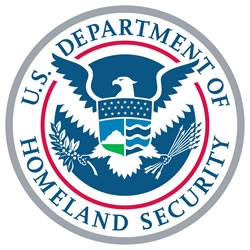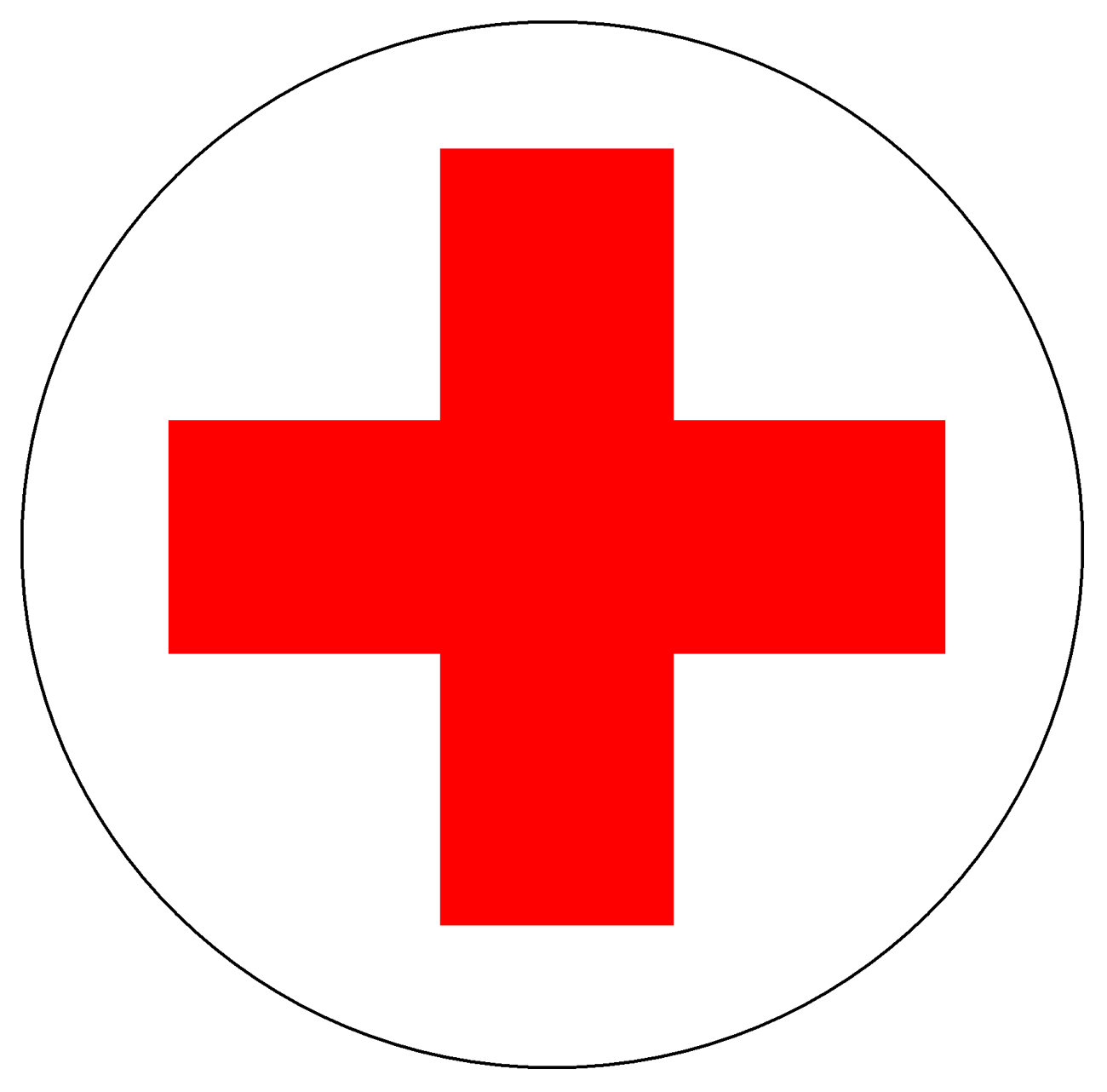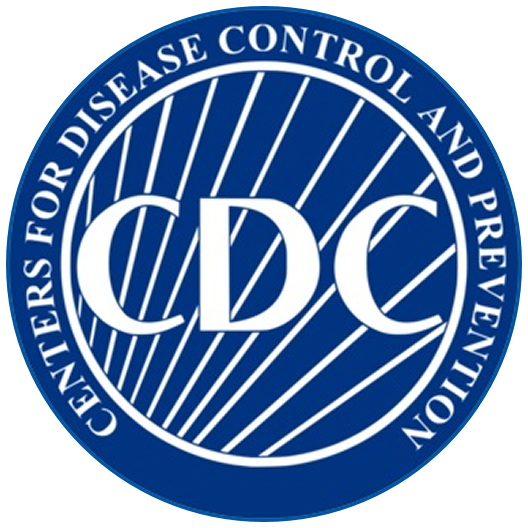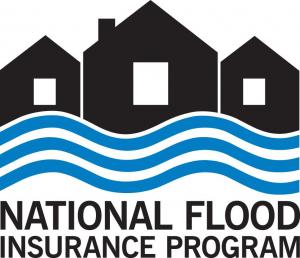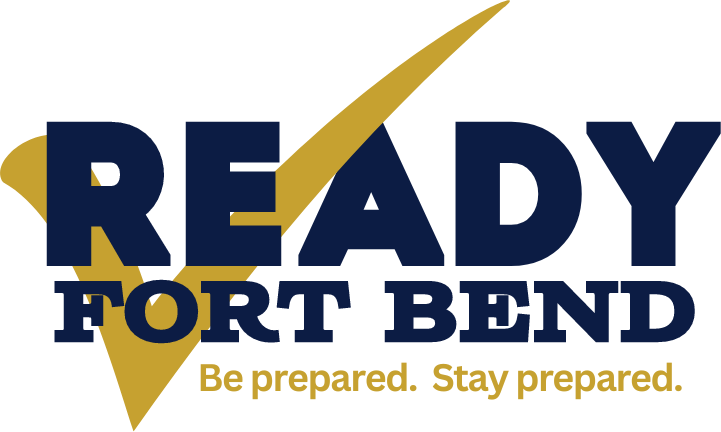
Emergency Preparedness Fort Bend County residents are no strangers to emergencies. Our location along the Gulf Coast, in combination with our status as one of the nation’s industrial centers leaves us vulnerable to many natural and human-caused hazards. When emergencies occur, our daily lives can be disrupted, having serious effects on our families, friends, and neighbors. This is why preparedness is so important. Having knowledge, skills, and abilities to respond to a disaster is everyone’s job. As a Fort Bend County resident, you can do this by following a four-step preparedness process: making a plan, having an emergency kit, being informed about disasters, and helping members of your community prepare themselves. Fort Bend County HSEM works to help residents prepare, but also serves as the coordinator of the County disaster response. Working with the resources of the County, HSEM ensures County departments collaborate to manage the emergency, and through a variety of plans and agreements, brings in outside help to restore basic services and help Fort Bend County get back to business. Working together, Fort Bend County residents, businesses, and community organizations play a key role in how quickly we recover from disasters. This Disaster Preparedness Guide will help you be better prepared for the next big disaster. Thank you for taking the first step.
Hurricane Preparedness
- Protect your personal documents and special items.
- Build your disaster evacuation kit.
- Buy flood insurance.
- Flood proof your home.
- Develop a family evacuation plan.
Winter Preparedness
- Pay attention to weather reports and warnings of freezing weather and winter storms. Listen for emergency information and alerts.
- Gather supplies in case you need to stay home for several days without power. Keep in mind each person’s specific needs, including medication. Remember the needs of your pets. Have extra batteries for radios and flashlights.
- Only use generators and grills outdoors and away from windows. Never heat your home with a gas stovetop or oven.
Weather Websites
- National Oceanic and Atmospheric Administration (NOAA) - https://www.noaa.gov/
- National Weather Service Safety Tips - https://www.weather.gov/safety/
- NOAA - Watches, Warnings or Advisories for Texas - https://alerts.weather.gov/cap/tx.php?x=1
- LCRA Flood Operations Report - https://floodstatus.lcra.org/
- Corpus Christi Weather - https://www.weather.gov/crp/
- Houston Weather - https://www.weather.gov/hgx/
- Brownsville Weather - https://www.weather.gov/bro/
- Lake Charles, LA (Southeast Texas) Weather - https://www.weather.gov/lch/
- U.S Geological Survey app to let users locate stream gauges and water conditions near them - https://txpub.usgs.gov/water-onthego/
Federal Disaster Assistance
Once there is a federal disaster declaration, residents of impacted counties can register for individual assistance by visiting https://www.disasterassistance.gov/ or calling 1-800-621-3362.
You can also email FEMA from the Disaster Assistance webform.
Resources

